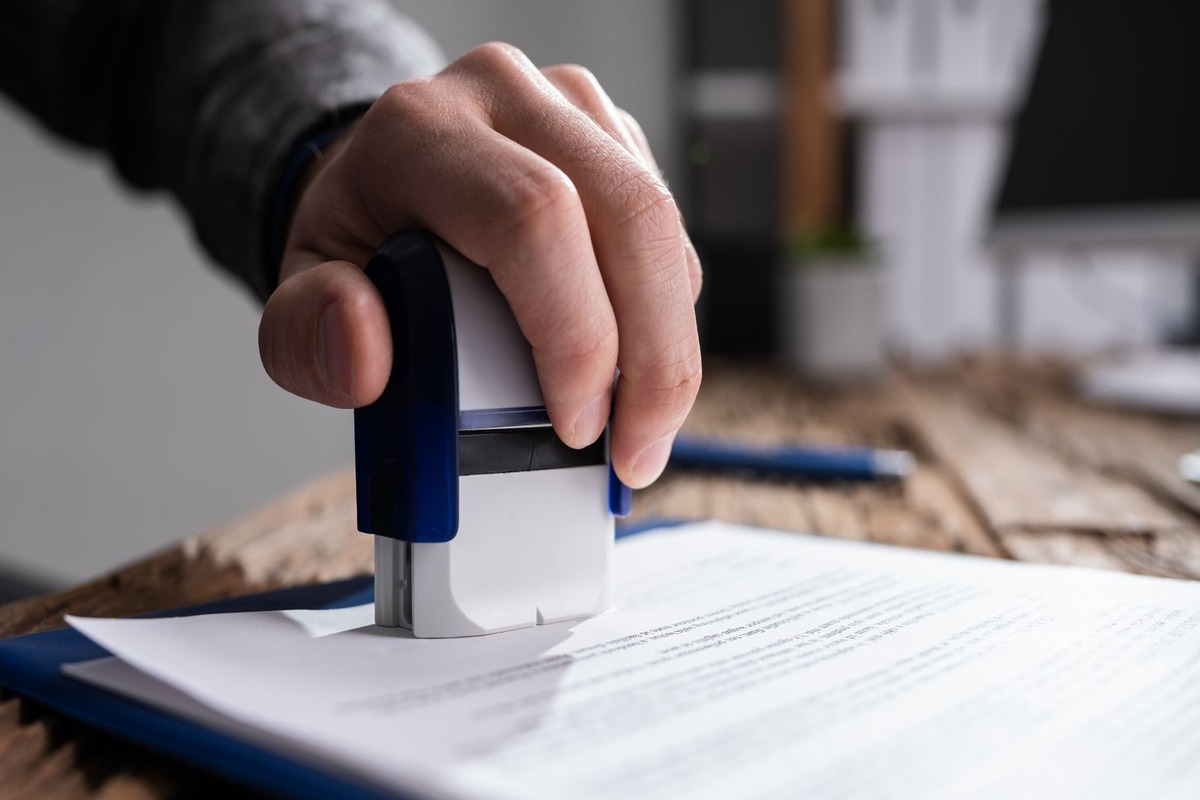Ever wondered why you cannot just tear down an old house and start fresh? The answer depends on Brisbane City Council’s strict approval rules. You need the right permits before starting a knockdown rebuild, and skipping them can result in fines, delays, and safety problems.
At Begbie Bentham, we handle the entire approval process for our clients. Our team handles all council approvals, permits, and inspections, so you can focus on planning your dream home. So what approvals do you actually need?
We’ll share everything you need to know about the essential permits and how they keep your project on track. Let’s start with the approvals you’ll need in Brisbane.
Understanding Brisbane Development and Building Approvals
Brisbane City Council has two main approval pathways, development application and building approval, and knowing which one applies to your project can save you time. Here’s what you need to know about each permit type and how to dodge the common mistakes.
-
Development Application (DA)
A DA is needed when your rebuild changes how the site works. This includes things like building height, how close you build to boundaries, or if your property sits in a protected area.
Basically, this approval checks whether your new home fits with Brisbane’s planning rules and the character of your neighbourhood.
Still, there are common surprises to watch for.
For example, heritage overlays can prevent you from demolishing homes built before 1947. And if your block is in a flood zone, you’ll need to raise your floor levels, which can change your entire design. Corner blocks also often have stricter setback rules that reduce your buildable space.
-
Building Approval (BA)
Building approval is always required, no exceptions. Even if you get a free pass on the DA, you still need a BA. This permit makes sure your home meets all the construction standards for safety and quality. You can get the permit through the Brisbane City Council or use a private certifier (usually faster).
Once approved, your building approval will check several things. This may involve energy efficiency standards (for lower bills), structural checks (to ensure safety and stability), and plumbing and drainage systems (to meet regulations). All these boxes get ticked before anyone can start building.
Now, don’t go thinking the builder takes care of all the approvals. That’s not always the case. So it’s better to talk about this early and decide who’s responsible for each application, who will pay the fees, and who will stay in touch with the council.
Once your paperwork’s sorted and approved, it’s time to look at demolition and essential service approvals.
How to Handle Demolition, Plumbing, and Other Site Permits in Brisbane
So you’ve got your main approvals sorted. Great! But before you can start knocking things down, there are a few more permits to line up. These site-specific approvals might seem like small details, but trust us, they’re not. Skipping them means your work grinds to a halt, and you could cop some hefty fines.
Let’s look at what else you need.
Demolition Approval
You’ll need demolition approval for pretty much every site in Brisbane. This permit covers safety checks other than permission to knock your house down.
For instance, if your existing home was built before 1990, you’ll need an asbestos clearance certificate. You also have to prove that all the plumbing and electricity have been properly disconnected before the demolition crew shows up.
Don’t worry, Brisbane City Council works alongside licensed demolition contractors to make sure everything happens safely. This means contractors must control dust and noise, dispose of waste properly, and protect neighbouring properties from damage.
Plumbing and Drainage Approval
Every new home needs plumbing and drainage approval, no exceptions. This permit makes sure your place connects safely to Brisbane’s sewer system and stormwater drains. It also checks that all your internal plumbing works properly, with the right water pressure and waste removal.
Other Situational Permits
Depending on what’s already on your block, you might need some extra approvals.
Got big trees? If they’re protected vegetation, you’ll need a tree removal permit before touching them. Want to change where your driveway meets the street? That needs a driveway crossover permit. And if the demolition work blocks the road temporarily, you’ll need a road closure permit as well.
Site safety permits matter too, especially in built-up areas. For example, putting bins or cranes on the street requires asset protection approval from the council. These permits stop damage to public property and keep pedestrians safe while construction is happening.
Manage Approvals and Planning for a Smooth Build
So, ready to start planning? You can stay on top of things with just a little preparation.
Here’s what we’ve covered:
- Map out all permit stages so nothing is missed.
- Clarify who handles each task with your builder and certifier.
- Keep approvals handy for easy reference.
- Book inspections early to avoid delays.
Every approval stage affects your timeline. But if you overlap them smartly, you can shave months off the waiting.
Our team at Begbie Bentham can handle all these moving parts for you. Get in touch for expert advice on making your dream home happen without the approval headaches.

